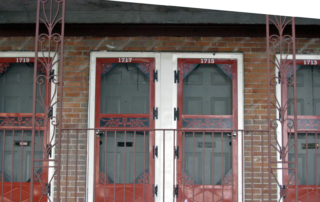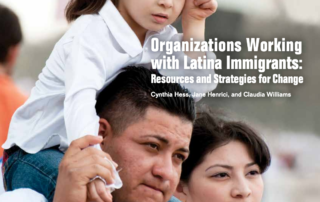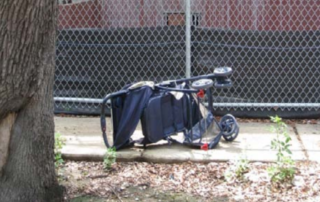Get to the Bricks: The Experiences of Black Women from New Orleans Public Housing After Hurricane Katrina
Get to the Bricks: The Experiences of Black Women from New Orleans Public Housing After Hurricane Katrina presents the results of qualitative research conducted with 184 low-income black women who lived in public housing prior to Hurricane Katrina and the flooding of New Orleans, and who were displaced by the hurricane and the closure and demolition of their housing.






